The summer was just beginning, and I was at a bar in Ibiza when I first heard the words Ahla leila, ahla nas reverberate through the air. It turned out to be the first of many times I’d hear that song this season – words sung in my native tongue, expansive and infectious. An anthem echoing across global dance floors, TikToks and festival speakers.
That’s Arabic! I had said, grabbing my friends’ arms in excitement. She’s singing in Arabic!
When I recall the memory over a video call one afternoon, almost at the end of summer now, Ma Tnsani having been played more than 21 million times, Aya, the vocalist behind the track smiles widely. “That’s the point, wallah, that’s the point. This is the reason why we love this song so much, it’s because of this story, of this feeling.”
Produced by Vanco, the track has become the unofficial song of summer 2025, the first of a new genre coined Afro-Khaleeji house.
To my surprise, when our video call connects, Aya turns out to be not one but two Khaleeji women. Voices I’d heard countless times – but faces I had never seen. Something, they tell Rolling Stone MENA, is “absolutely by design.”
“We’re new and venturing into this industry,” they say. “We want to get our bearings.” For now, it’s important to them that their identities remain private.

To preserve that anonymity here then, we’ll call them A and Y. A, the younger, first behind the mic. Y having written the lyrics. She hadn’t planned to be in the studio that day, she says; was only there because of a buddy system: a promise to always be each other’s wing woman.
Collaborators in every sense, both ended up singing on the track, and have grown up together between London and the Gulf. Throughout the call, they often finish each other’s sentences, jumping in to clarify what the other had started; expressing how much they’re enjoying the “side quest” this music adventure has become, how much they’re enjoying doing it together.
Their breakout was a long time coming – although also a serendipitous first attempt, the first time they had ever entered a studio in any professional capacity. The hard work required was less about industry grind, it appears, and more about the private effort of knocking down their own internal doors, giving themselves permission to do it. To quiet the voices of fear that told them they couldn’t – or shouldn’t.
While working through Julia Cameron’s The Artist’s Way, A explains how a thought arrived: I’m not afraid anymore. She told Y: “I can’t let the music die inside me.”
The pair self-funded a studio session which left them with a track they uploaded under the name Aya: itch scratched. Enough. Until it wasn’t.
A shared it with a friend – a music industry insider who had recently started working with South African DJ/producer Vanco. “Thank God it’s good,” he laughed after hearing it. “Otherwise I’d have had to tell you the truth.” They were looking for vocalists, he said. Did she want to come to the studio?
“I thought they’d hand me lyrics, I’d sing and we’d go home,” A laughs, now. But when it became clear they expected her to have her own ideas, she turned to Y – who was sitting in the corner of the studio on her phone, checking emails.
“She’s an amazing poet and artist,” A explains. “She knows how to put very big emotions into very little words.”
With less than an hour left in the session, they wrote Ma Tnsani in fifteen minutes. “It’s a phrase I say all the time – ahla leila, ahla nas [best night, best people] – to hype up the crew,” Y says. “I guess it resonated with people, because it’s taken on a life of its own.”

An inside phrase became an anthem, strangers from New York to Lagos suddenly singing in Arabic. “I saw videos of all these women in the Hamptons saying yalla habibi,” Y says, laughing. “I don’t think we would have ever seen that.”
For them, the thrill isn’t just in the numbers; it’s in the visibility – the radical act of Arabic rippling from speakers worldwide. Against years of misrepresentation, it feels like joy as resistance.
“All those, like, really big mainstream media channels probably hate us because we’ve just reversed, like, ten years of propaganda,” A laughs – joking, but not really.
“We deserve to be presented on the global stage on our own terms,” she says. “It’s time for us to show the world that we have so much to offer. We’re already offering it to each other – if you want to come and experience what we already have and what we’ve had for centuries, sure. But we’re not here to prove anything to you. We’re just getting louder.”
That loudness is revolutionary. Especially as two Arab women.
“Because of shame culture, really, and 3aib – you become shackled in your own mind,” says A. “Shame culture is so strong, you end up self-policing…”
She pauses before continuing: “It took me up until the age that I am now – in my late 20’s – to be able to grapple with the idea that people won’t like this, people might not like me – and to break free of that [and do it anyway].”
At that exact moment, fireworks flicker across her screen – a fitting punctuation.
“It’s so much easier not to do the scary thing,” she adds. “But if you want the thrill – and I want the feeling of making my art, of going on this journey. You just have to do it.”
So what’s next now that they have found their voices? Now they are letting them be heard?
“We want to collaborate with different producers from different countries, and see how else we can create this fusion of Arabic and wherever they’re from,” Y says.
“All we want to do is elevate everyone’s vibration. To make people feel good.”



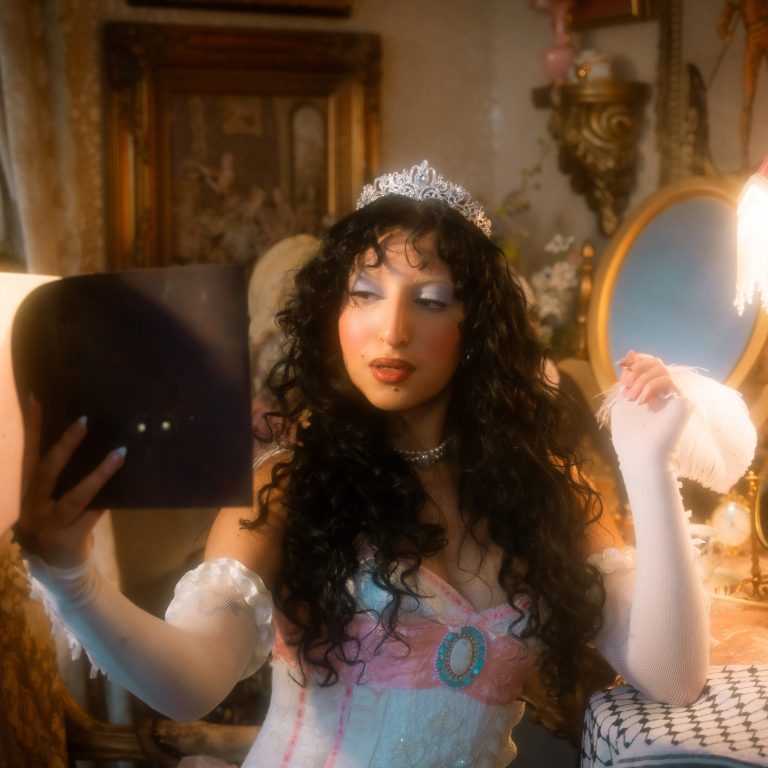
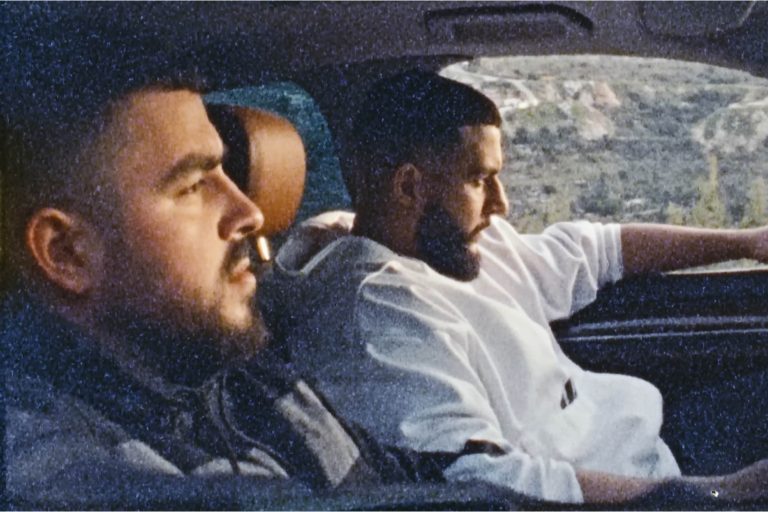
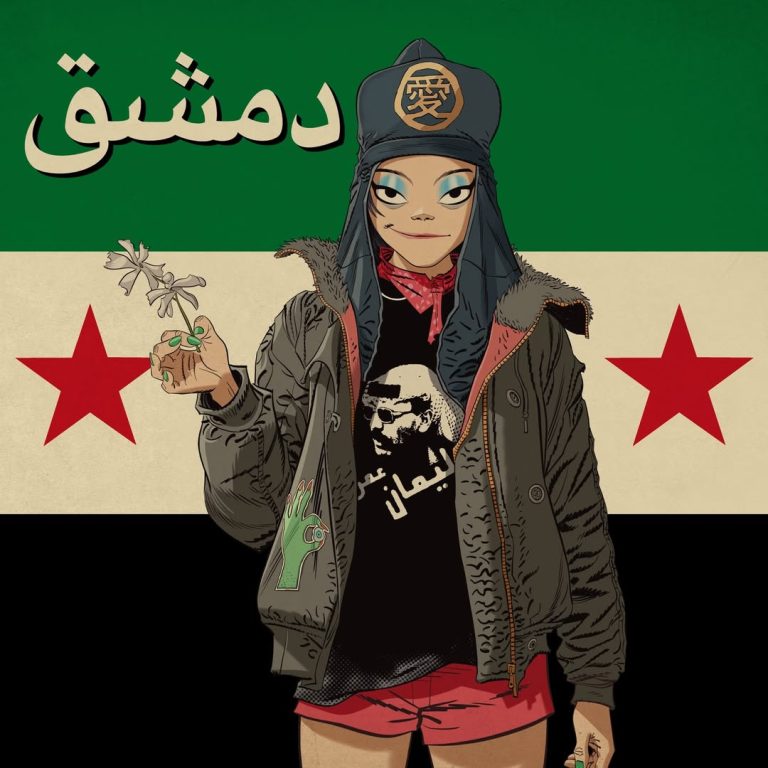

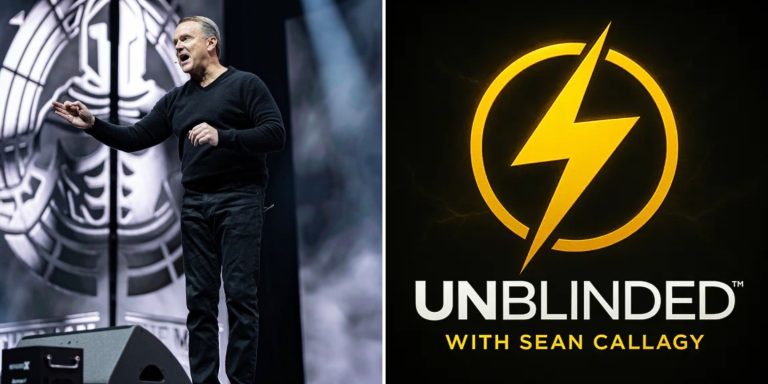
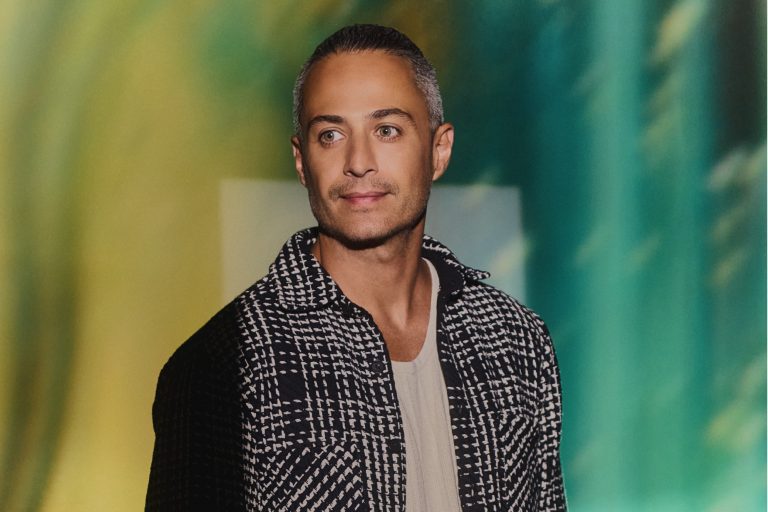
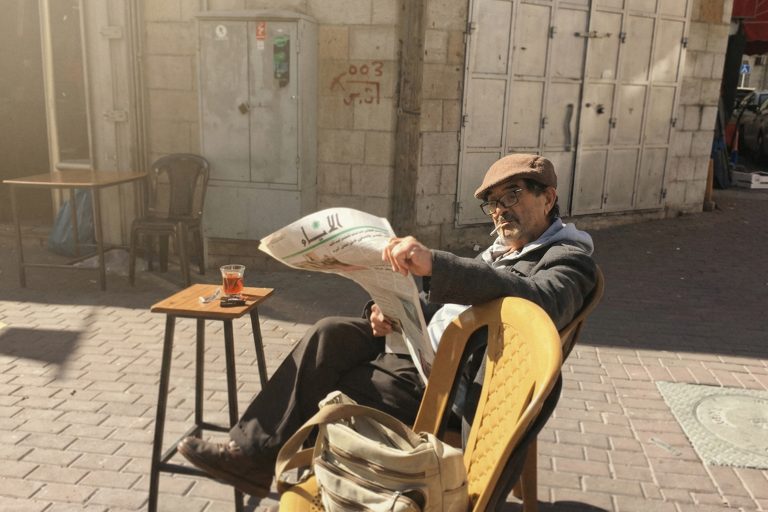
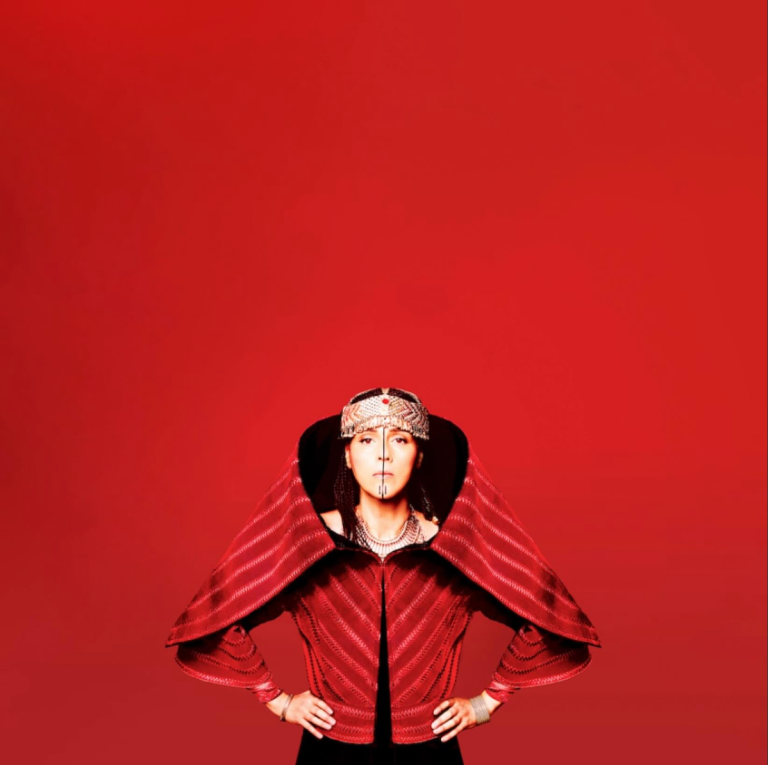
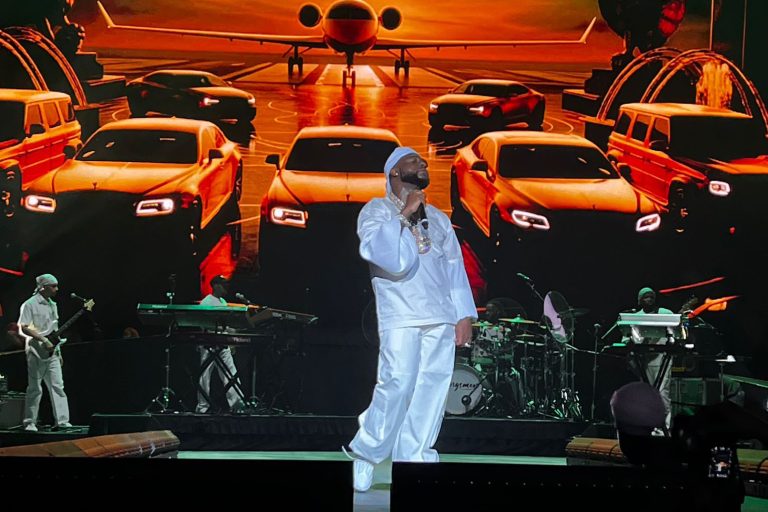
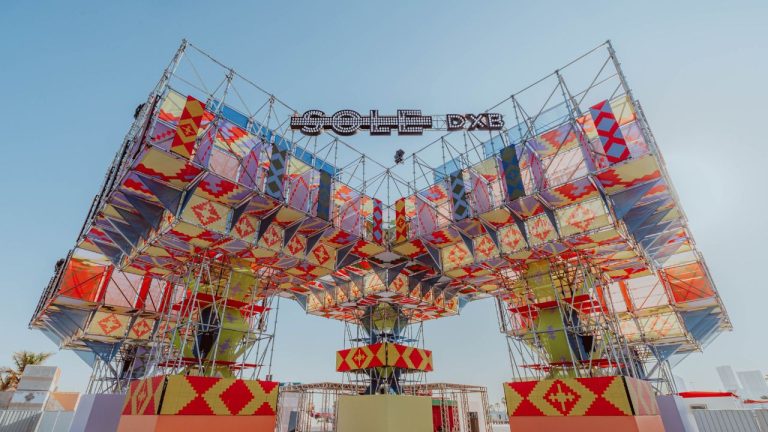

Arab Films Are Reaching The Oscars, But The Industry Is Still Lagging
Four Arab films make the Oscars shortlist this year, marking a historic moment for an Arab cinema still struggling for sovereignty.